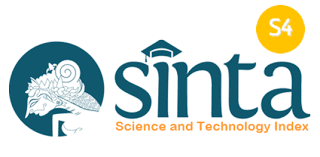Supervisory Strategies for Teacher Improvement in Islamic Education: Examining the Practices and Challenges
Abstract
This study examines the supervisory strategies employed in two Islamic educational institutions, MA Salafiyah Syafi'iyah Tebuireng and MA Perguruan Mualimat Jombang, to enhance teacher competencies in various aspects such as pedagogy, professionalism, and personal development. Using a qualitative, multisite approach, data were collected through interviews, observations, and documentation. The research reveals that academic supervision plays a significant role in improving the teachers' instructional planning, teaching methods, and evaluation processes. However, challenges such as time constraints, limited resources, and inconsistent supervision practices were identified. While both madrasahs share common supervisory strategies, such as regular feedback and peer collaboration, they differ in their intensity and resources for implementation. This study highlights the need for a more structured and resource-backed approach to academic supervision to overcome existing barriers and ensure sustainable teacher development. The findings contribute to the understanding of effective supervisory practices in Islamic education, emphasizing the importance of leadership and contextual strategies for teacher improvement.
Downloads
Copyright (c) 2025 Muhammad Al fatih, Akhyak Akhyak, Asrop Syafi'i

This work is licensed under a Creative Commons Attribution-ShareAlike 4.0 International License.





